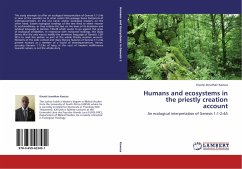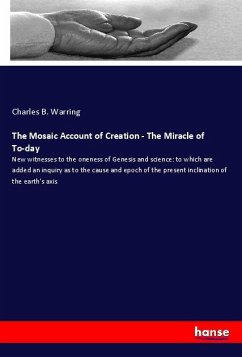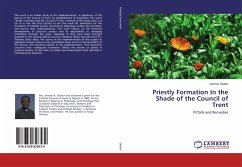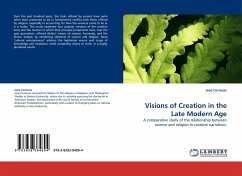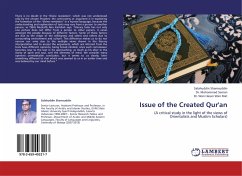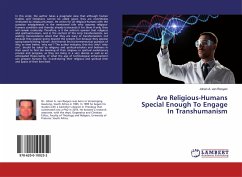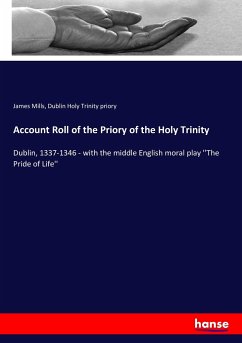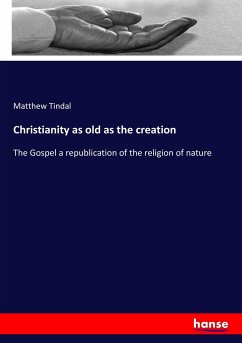This study attempts to offer an ecological interpretation of Genesis 1:1-2:4a in view of the question as to what extent this passage bears footprints of anthropocentrism, on the one hand, and/or ecological wisdom, on the other hand. Extant ecological readings of this text tend to either recover its ecofriendliness, or they criticise the text on the basis of its dominion and subdual language in Genesis 1:26-28 which seems to go against the grain of ecological sensibilities. In resonance with revisionist readings, this study shows that the only way to mollify the dominion language of Genesis 1:26-28 is to read this section as part of the whole Priestly creation account. Elements of the exilic context and many literary features of Genesis 1:1-2:4a present humans as a member of a world of interdependences. Hence, accusing Genesis 1:1-2:4a of lying at the root of modern indifference towards nature, is not the whole story.
Bitte wählen Sie Ihr Anliegen aus.
Rechnungen
Retourenschein anfordern
Bestellstatus
Storno

